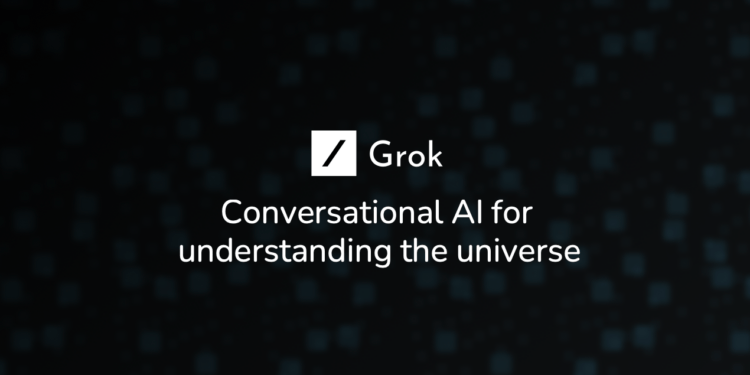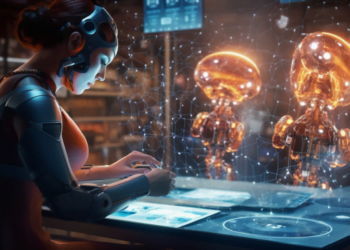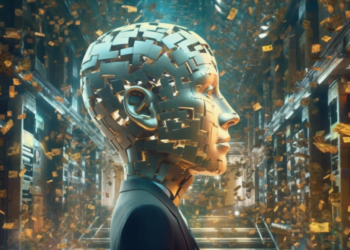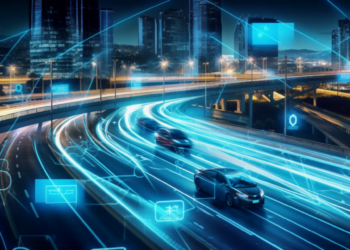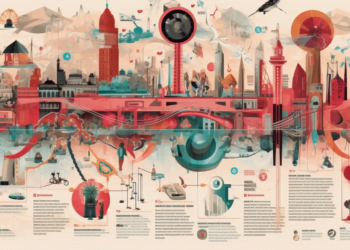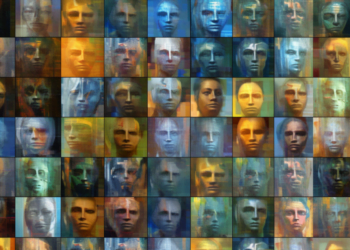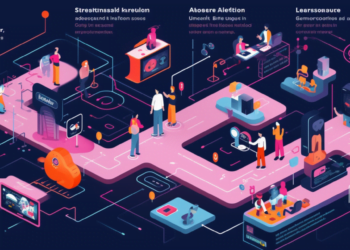What is Grok?
Understanding Grok in the context of Artificial Intelligence (AI) requires diving into the surging wave of technological innovation. This term was originally coined in science fiction, in the novel “Stranger in a Strange Land” by Robert A. Heinlein, to denote a profound and intuitive understanding of something. In contemporary AI, Grok has taken on a new life as a metaphor for systems and models that aspire to achieve a holistic and deep understanding of their fields of application.
Diving into AI Models’ Grokking
In neural networks and machine learning, Grokking could be understood as the point at which a model has achieved such a comprehensive grasp of the data that it can effectively generalize to new, unseen examples, maintaining a high level of efficiency and accuracy.
The Theory Behind Grokking
To appreciate the notion of Grokking, it’s necessary to explore information theory and computational complexity theory. These areas define the limits and possibilities of what a learning algorithm can truly ‘understand’. From the perspective of these theories, Grokking goes beyond mere memorization or curve-fitting, delving into the underlying structures of data to generate representations and abstractions that facilitate the transfer of learning and resilience against ‘overfitting’.
Advanced Algorithms and Architectures
Herein lies a challenge in designing AI algorithms that effectively Grok. Advances in deep neural networks, such as Transformers and Capsule Networks, signal towards an increasing modeling power that approaches Grokking. Transformers, for instance, have demonstrated outstanding capabilities in natural language processing (NLP) and are considered a step towards models that truly capture the essence of human languages.
Emerging Practical Applications
In practice, systems that ‘grok’ are already transforming fields such as precision medicine, where predictive models not only diagnose diseases based on massive data sets but also understand the interaction among genes, proteins, and environmental factors, offering personalized treatments.
Comparison with Previous Work
Compared to older AI systems, Grokking implies a qualitative leap. Tools like SVM (Support Vector Machines) and conventional neural networks have provided effective predictions, but they often required significant manual adjustments and lacked a true understanding of the data. Grokking, therefore, represents an advancement towards autonomous systems that self-adjust and generalize with less human intervention.
Looking Forward to Future Directions and Innovations
Looking ahead, Grokking will be a vital piece in the development of more sophisticated and autonomous AI. This will include a greater emphasis on model interpretability (explainability) and robustness against corrupted data or adversarial attacks. Systems that ‘grok’ could lead to innovations in reinforcement learning, where agents will learn not just what actions to take, but also why, in extremely varied and dynamic contexts.
Case Studies: Grokking in Action
An illuminating case study can be found in the GPT-3 model, developed by OpenAI. GPT-3 has demonstrated an ability to understand and generate human language that many consider a clear example of Grokking in the NLP domain. It not only adapts to different styles and contexts but also reasons to a certain extent, enabling applications from creative text generation to programming.
Conclusions
Grokking, as an ideal in artificial intelligence, points towards a horizon where machines not only compute but understand. While there is still a path to tread to achieve a deep and widespread understanding within AI, strides toward that end are already reshaping our interactions with technology and expanding our capabilities as a species.
In summary, when attempting to define “Grok” within the realm of artificial intelligence, we find ourselves at the frontier between current technology and the future of machine learning. This term reflects the constant aspiration not just to design systems that solve tasks, but that comprehend them at a level that today seems reserved for human intuition. Grok, then, becomes a hallmark for the coming era of conscious artificial intelligence, deeply woven into the fabric of our everyday lives.

